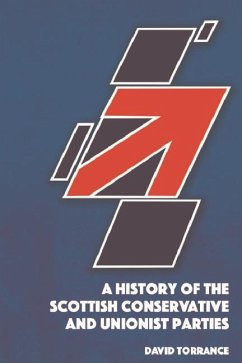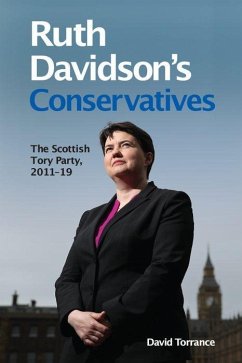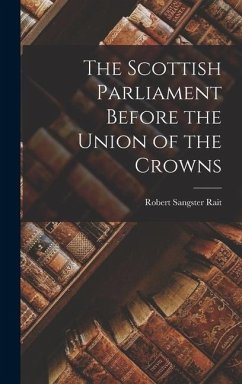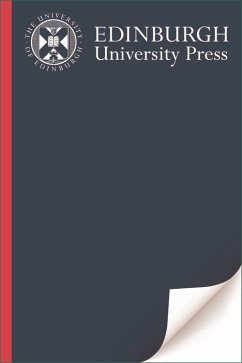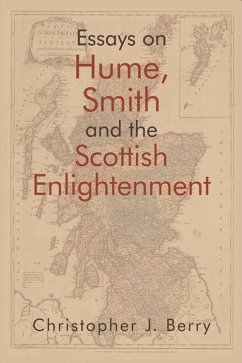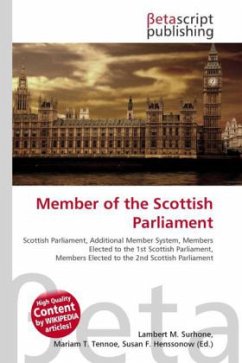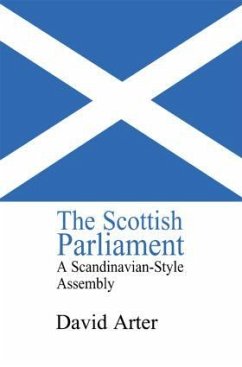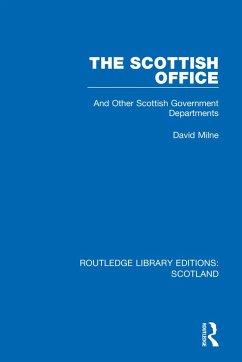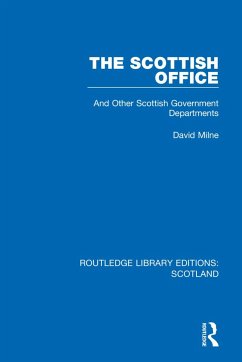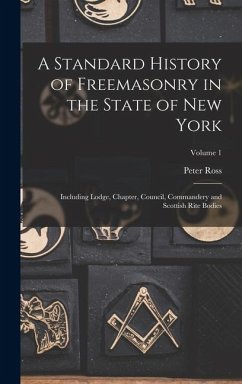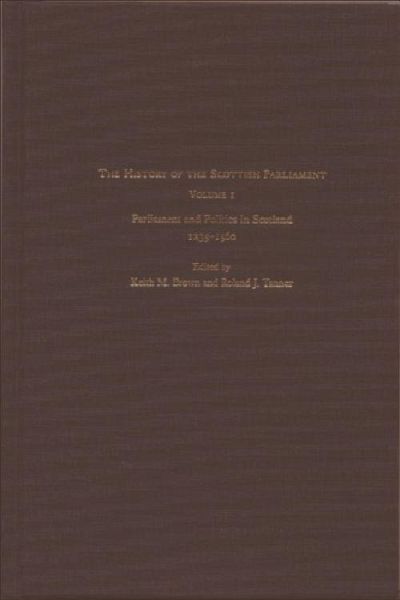
The History of the Scottish Parliament
Parliament and Politics in Scotland, 1235-1560
Herausgeber: Mann, A J; Brown, Keith M; Tanner, Roland J; MacDonald, Alan R
Versandkostenfrei!
Versandfertig in über 4 Wochen
138,99 €
inkl. MwSt.

PAYBACK Punkte
69 °P sammeln!
First of a three-volume series comprising a new history of Scotland's first parliament from the first surviving official records in the thirteenth century to its final dissolution in 1707. Denigrated by unionists as inferior to the English parliament and despised by nationalists for agreeing to its own demise, the Scottish parliament has been shockingly under-researched by Scottish historians. This new history will go a long way towards redressing the balance, not merely putting the record straight but making it visible for the first time. Written by some twenty-five leading scholars the three...
First of a three-volume series comprising a new history of Scotland's first parliament from the first surviving official records in the thirteenth century to its final dissolution in 1707. Denigrated by unionists as inferior to the English parliament and despised by nationalists for agreeing to its own demise, the Scottish parliament has been shockingly under-researched by Scottish historians. This new history will go a long way towards redressing the balance, not merely putting the record straight but making it visible for the first time. Written by some twenty-five leading scholars the three volumes will be by far the most comprehensive history of the parliament ever published. Volumes 1 and 2 examine the history of parliament under the medieval and early modern monarchs. The former describes its role during the wars of independence, under the Stewart monarchy, and during the Reformation. The latter describes its role in the reign of James VI and throughout the century between the unions of the crowns in 1603 and of the parliaments in 1707, a period of royal absenteeism, religious upheaval, revolutions, civil wars, and economic catastrophe. Volume 3 addresses broad themes across the life of the parliament: relationship to the crown and nobility; legislative role; procedures; modes of government; relations with burghs and regions; receptiveness to political ideas; relationship with the church and role in national religious life. The refounding of the parliament in Edinburgh makes this a good time for a new look at the history, workings, and effectiveness of its long medieval and early modern antecedent. The History of the Scottish Parliament will be the definitive account for many years, informative, reliable, readable, and replete with story, character and incident. It is, in sum, an outstanding testimony to the quality of historical scholarship in Scotland.



